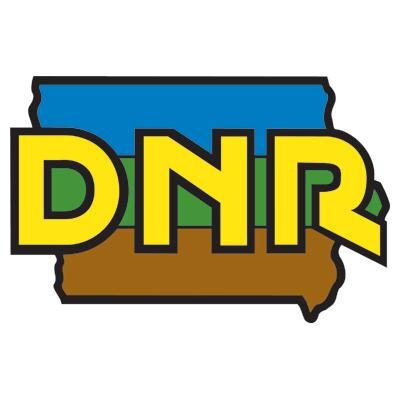
The 2023 August pheasant population survey had the highest statewide counts since 2015, with the biggest increases coming from southwest, northwest and northeast regions. The statewide average was nearly 23 birds per route; a 15 percent increase over 2022.
“The bird counts were better than we thought in northwest and northeastern Iowa. The population in northeast is the highest that region has seen in 24 years,” said Todd Bogenschutz, upland wildlife research biologist with the Iowa Department of Natural Resources.
Based on roadside counts, if hunters turn out like they have over the past few years, Bogenschutz said we can expect to see a harvest somewhere around 400,000 roosters.
“We haven’t had too many years since 2012 that areas were considered excellent, but there are some swaths of counties listed as excellent in northwest and north central Iowa – and over half of the state is considered fair to excellent,” he said.
Weather is a big factor influencing Iowa pheasant population and this uptick followed a normal winter and dry spring.
The annual survey also counts bobwhite quail, gray partridge and cottontail rabbits.
“The partridge population is up significantly with excellent counts coming from north central and northwest regions, and decent counts in parts of the east central region,” Bogenschutz said.
Surprisingly, he said the quail population didn’t follow that upward trend with counts similar to last year across southern Iowa’s quail belt.
“Quail hunting was pretty good last year and should be good this year as well in the southwest and south-central regions,” he said.
Statewide, cottontail rabbit populations are good, with the better numbers coming from south central, west central and east central regions.
The full report is available at www.iowadnr.gov/pheasantsurvey. The annual August roadside survey has been collecting data on Iowa’s upland game populations since 1962. The statewide survey is conducted by Iowa DNR staff between Aug. 1-15, who drive 218, 30-mile routes on gravel roads at dawn on mornings with heavy dew. Hen pheasants will move their broods to the edge of the gravel road to dry off before they begin feeding, which makes them easier to count.
